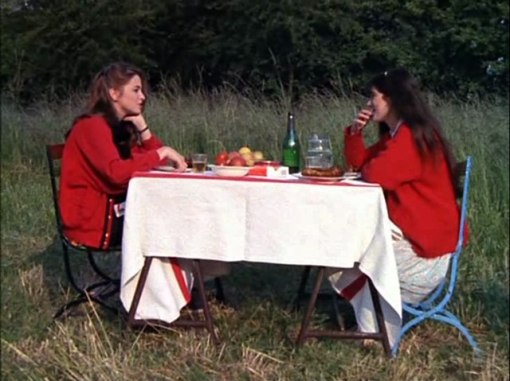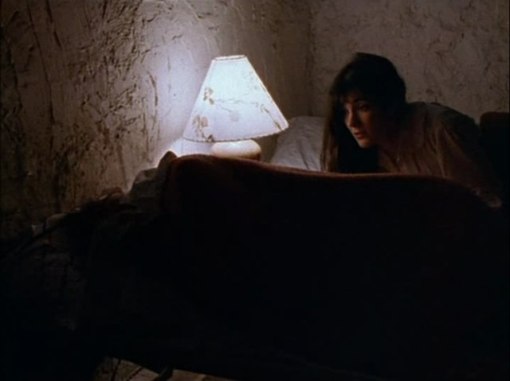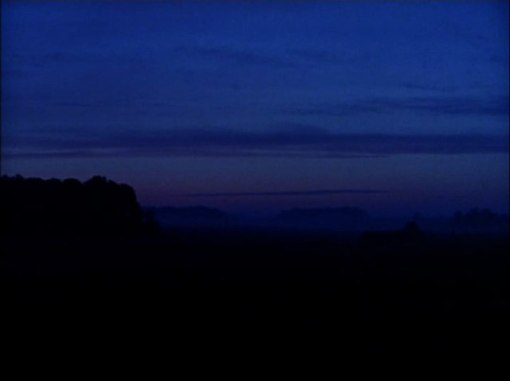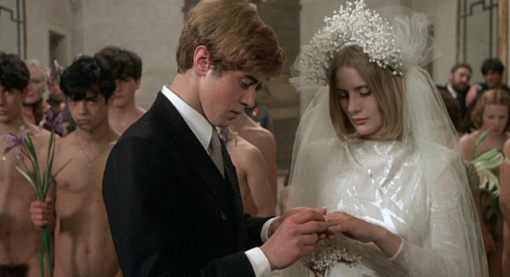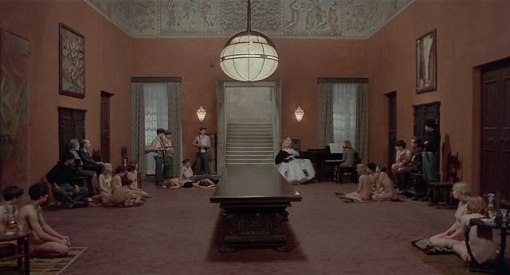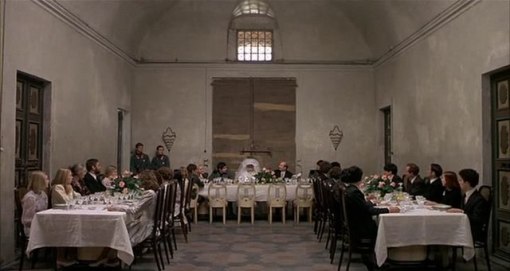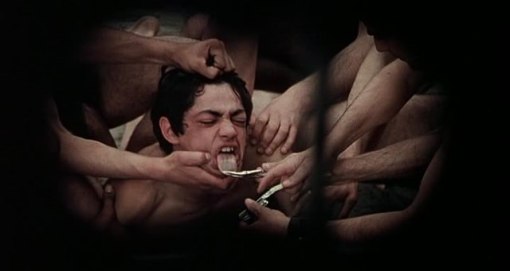I’m sure many of my followers/reading (if there are any) are more than familiar with my disdain for Eric Rohmer. While calling his films unwatchable would be a bit too dramatic, there is something about his work that always has and always will irk me. At least that’s what I gathered from the handful of films I’ve seen from him, the most notable being My Night at Maud’s, but this is a bit different. It’s not like he’s going in a completely different direction either. This is still a movie with a lot of talking in this movie and it still displays everything I generally dislike about Rohmer’s style of filmmaking. For whatever reason, though, it hits a chord that his other films by pass.
In an almost ironic occurrence, Rohmer’s best looking movie ends up being an extremely grainy one. It kind of helps support the film’s rather effortless pace and almost whimsical tone. The events that happen in the movie are all rather frivolous in a way and, at the risk of sounding cheap, act as something of a launching point for discussions between the two characters. This is how a lot of Rohmer’s films work, but here it doesn’t seem so stilted. Credit should go to Joëlle Miquel and Jessica Forde who are nothing but a joy to watch. Even when it seems like the film is shoving their difference down one’s throat (one lives in the country, one lives in the city!) they still have a very natural tone to their conversations. Their relationship seems more like something out of a Jacques Rivette film than another Rohmer venture.
Also, for as enjoyable as this film is as just a snapshot of a friendship, it actually looks good. Sure, as I said earlier, it’s grainy as all hell, but this is one of few times it seems like Rohmer placed some emphasis on the visuals. Surely, his shot/reverse shot technique is nothing if not conventional, but he does manage to capture something special from time to time. Certainly nothing earth-shattering, unless you measure it by his own standards. Maybe it’s something as simple as not being so visually inept, but it seems like the dialogue here is much tighter here than it is in any other Rohmer film. Sure, it trails off from time to time (the conversation about morals following the shoplifting incident is particularly eye-rolling) but it never really separates itself from being more than just a couple of incidents.
Maybe a re-evaluation of Rohmer is due on my part (don’t hold your breath, fans) but it definitely seems like he was able here to make a film that is undeniably Rohmer-esque but also accessible to those outside of his taste in cinema. It’s a simple movie, but a very good one and considering how complicated Rohmer likes to make things, that’s quite the accomplishment. I couldn’t care less about the political or economical circumstances of the friendship like I am probably suppose to, but thankfully Rohmer makes the friendship playful and entertaining enough to be enjoyed on a more literal level.
